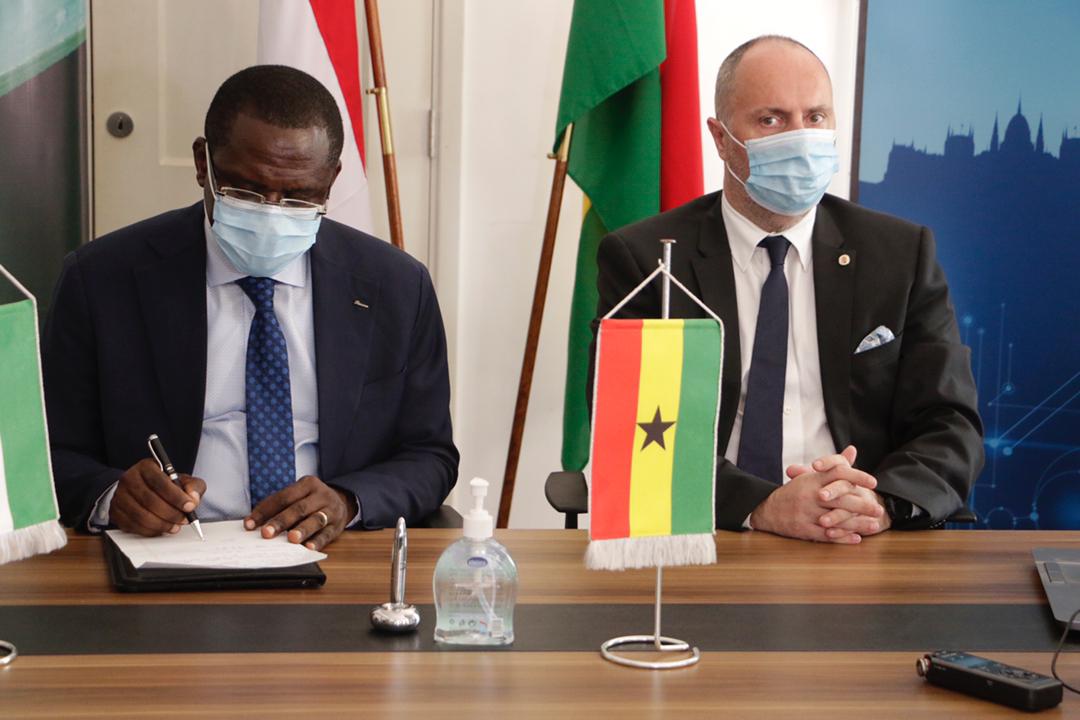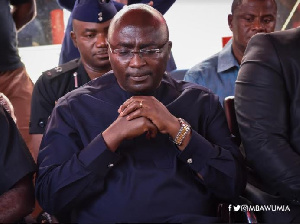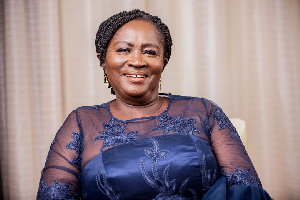Celebrating World Town Planning Day: Reflections on the State of Planning Practice in Ghana


Dr. Stephen Appiah Takyi, Lecturer, Department of Planning , KNUST
As a country, World Planning Day offers us an important opportunity to reflect on the state of the professional planning practice in Ghana. We have pretended to plan far too long and this has resulted in several natural and manmade disasters in our urban centers. If the planning system is not strengthened within the shortest possible time, our cities will continue to experience development planning problems such as fire outbreaks, traffic congestion, flooding and encroachment.
As a nation, we have decided to deal with nature and nature has also vowed to deal with us. Just go around any Ghanaian city now and you will see that all the river bodies have been turned into the final disposal sites for solid and liquid waste. Ghanaian cities have lost their aesthetic quality due to haphazard development and encroachment of ecologically sensitive areas, parks and open spaces. It must be noted that the only reason why countries in the Global North have a more organized planning system is the fact that they realize the threats associated with the neglect of the profession and its regulations. Countries that value human lives make sure planning mistakes don’t happen a second time.
It is quite interesting that Ghanaians only see the importance of discussing development planning issues only when it rains and our cities flood. Why have we decided to limit planning in Ghana to reactionary perspective rather than its pragmatic, futuristic and preventive roles? Go around the major cities in Ghana now and you will see religious institutions building their churches on wetlands. These religious institutions have, however, forgotten that based on the concept of Eco spirituality, God gave nature to man to protect.
We cannot continue to wait for disasters to happen in our cities so that we will go and commiserate with affected victims. Practicing planners, planning educators and student planners must get out from the planning studios and save our cities. We have to practically apply our advocacy, technical, change agent and political roles in the society to bring about the desired positive change. Planners must take a center stage in the national discourse by speaking out on planning issues, writing on the planning systems in Ghana and engaging in community advocacy and outreach. It is important that planners collaborate with other stakeholders and professionals towards the creation of a positive future and change in our society.
As we celebrate World Planning Day, we should all note that, if we plan well we will actualize the tourism potential of the nation and aesthetically design our cities to the extent that we will not have to travel to Dubai for tourism purposes. If we plan well as a nation, our market places will be more organize and the incidence of fire outbreaks will reduce. If we plan well as a nation, we will not be angry at the traffic situation in our cities.
If we plan well as a nation, urban centers in Ghana will not experience the incidence of flooding when it rains. If we plan well as a nation, we will know the educational, health, recreational and economic needs of future generation and adequately make provisions for them in advance. Planning is the engine of growth for civilized societies. Ghana needs to start planning because the more we wait the more complex our problems become.
Overall, Ghana’s development process in the Fourth Republic has been dominated with partisan politics and interests. This has adversely affected the country’s ability to actualize its full development potential.
Going forward, there is the urgent need for constitutional review where in addition to the advisories role, the National Development Planning Commission would be made an autonomous body which will guide the national development process based on the fundamental principles of professional planning practice.
Dr. Stephen Appiah Takyi
Lecturer, Department of Planning
KNUST.
Kumasi.
Email Address: drtakyi410@gmail.com





